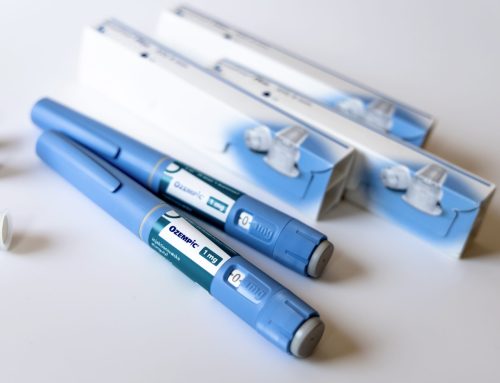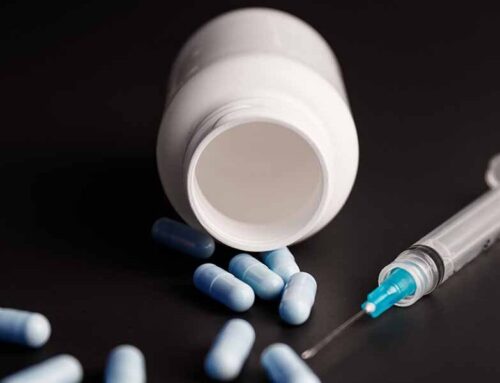
People who struggle with addiction face a long road to recovery. Treatment typically includes various stages, including intake, detox, counseling, and aftercare. One of the best ways to avoid backsliding into destructive habits is to join a support group.
Support groups involve regular meetings with other people who are also on the road to recovery. The meetings are typically facilitated by a trained moderator. They help create relationships and camaraderie that can prove important in the success of recovery.
Getting group therapy and regularly participating in a support group are important resources to help you on your way.
Types of Support Groups
Alcoholics Anonymous is likely the best-known support group. It was founded in 1935 and pioneered the use of the “12 steps” toward reconciliation and recovery. The success of AA was repeated with groups addressing other addictions, such as problems with narcotics or gambling.
Anonymous 12-step programs are not the only choice for individuals in recovery. You’ll also hear about SMART rehab support sessions. SMART stands for Self-Management and Recovery Training. SMART programs are available to address addictions to alcohol, eating disorders, gambling, prescription drugs, and sex.
Support groups are also often available through faith-based organizations or local health departments. Some have even moved to an online format.
4 Reasons to Join a Support Group
A support group can be a powerful tool in recovery from addiction. Knowing what they entail can help you get past some of the understandable anxieties you might feel about attending your first meeting. Here are four good reasons to make the support group a priority:
- Support groups introduce you to peers who are going through the same challenges. It’s more than making new friends. Support group peers can serve a vital role in helping you address stress or withstand temptation.
- Support groups provide an open, honest, non-judgmental forum to talk about problems and share solutions among like-minded people about the difficulties of living a sober life.
- Support groups make life feel a little less lonely and isolating. The process of addiction and recovery is grueling, and you can easily conclude that you’re alone. You’re not.
- Support groups expose you to fresh ideas or insights about new or changing resources available to help people struggling with substance abuse.
Lifestyle Changes to Promote Sobriety
Make no mistake about it: recovery requires change that comes from inside of you. Your problems will not be solved in group therapy. But group therapy can help provide you with encouragement and motivation. Some of the changes that you can expect include:
- Initiating new habits – Picking up a hobby, such as hiking, can direct your attention away from drugs or alcohol and introduce you to the beauty of life
- Curtailing bad influences – The people who respect your choice of sobriety are the ones you’ll stand by and who will stand by you. You may have to create distance from the people who don’t
- Taking care of yourself – Start an exercise program. Improve your nutrition. Get the right amount of sleep. All of these, together, will help make you stronger in the quest for sobriety
- Volunteering – Helping people who are less fortunate than you is a good way to redirect your focus from your own problems
Learn more by reaching out to an addiction treatment center near you today.
Addiction Support at Georgia Addiction Treatment Center
A support group is a means to an end to strengthen the hard work of your recovery. But recovery has other stages as well, and for those, you may need help from Georgia Addiction Treatment Center. Our clinical staff prides itself on taking an individualized, patient-centered approach. We look at the whole set of your needs to create a comprehensive treatment plan for your care. Our focus is on outpatient programs, including our partial hospitalization program and intensive outpatient program. We also offer an alumni program that helps provide another outlet for your support. Start the process of recovery today. Contact Georgia Addiction Treatment Center at [Direct] to learn more and get started on your way.




